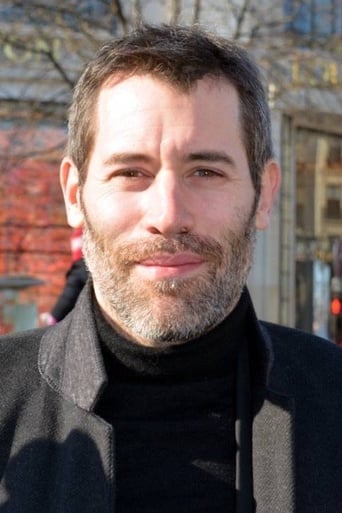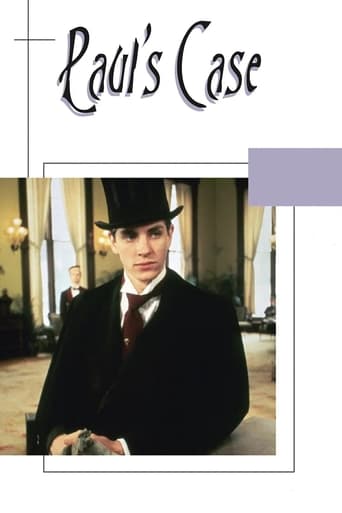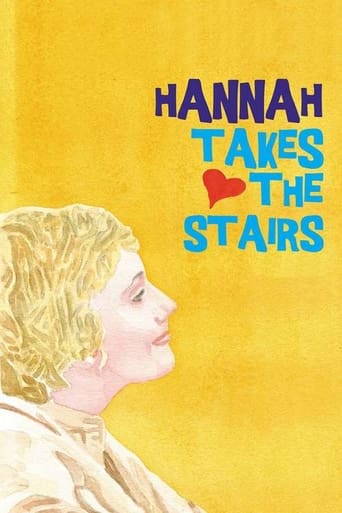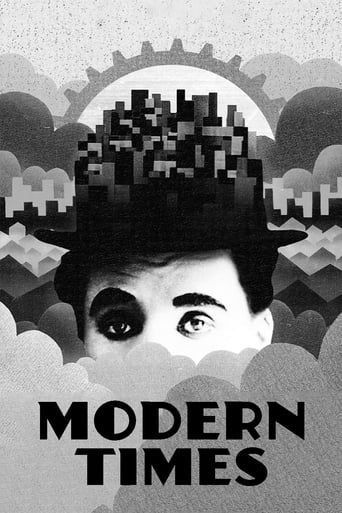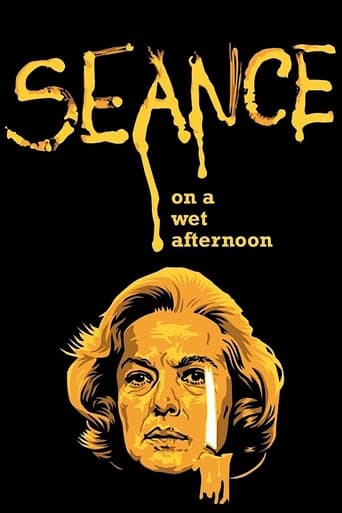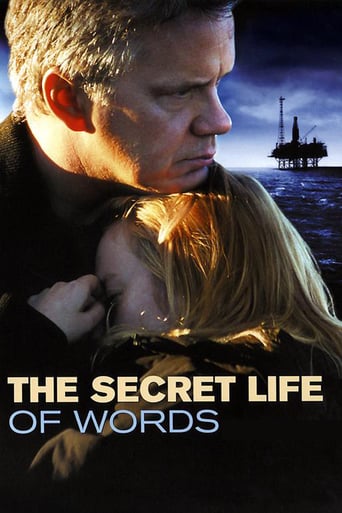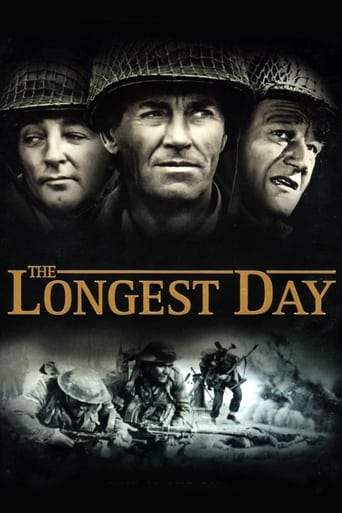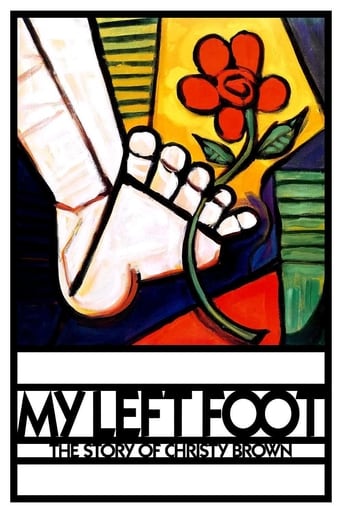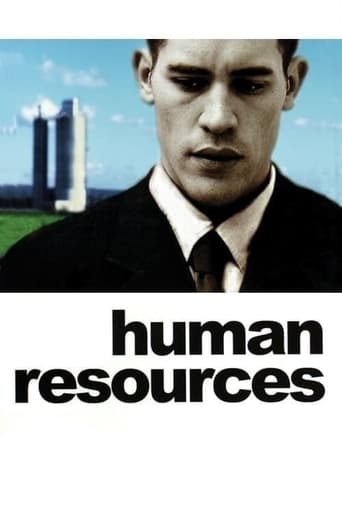
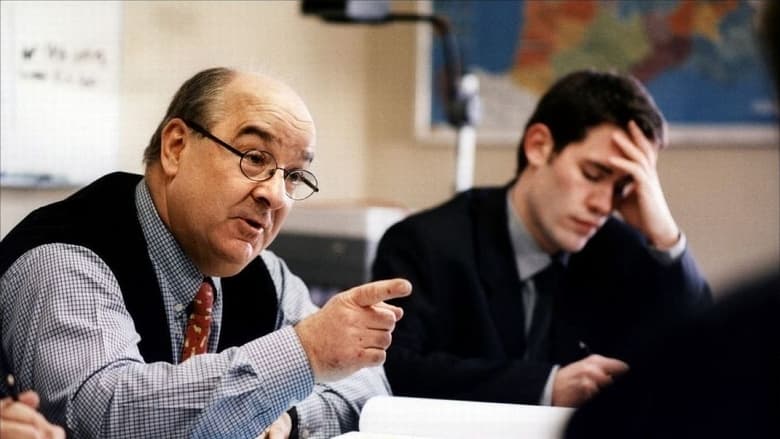
Human Resources (2000)
Set in Limoges, the movie tells the story of "good son" Franck (Jalil Lespert), who returns to his hometown to do a trainee managerial internship in the Human Resources department of the factory where his anxious, taciturn father has worked for 23 years.
Watch Trailer
Cast
Similar titles

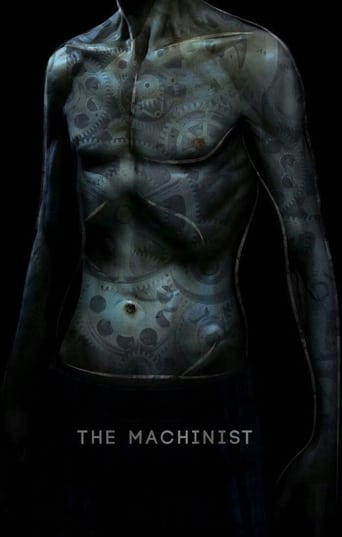
Reviews
Best movie ever!
This story has more twists and turns than a second-rate soap opera.
Strong acting helps the film overcome an uncertain premise and create characters that hold our attention absolutely.
One of the worst ways to make a cult movie is to set out to make a cult movie.
This could have been a great film about labour relations in a globalised world. Instead we get a much more narrow and black and white perspective. Management basically being crooks and the communist union protecting genuine workers' right. It is sad that the direction didn't have a better grasp of reality. Still the move has good moments and raises interesting questions.One thing I don't like is the director's way of using dirty tricks to get his audience on the union side. First the union woman is portrayed as an awful and disgusting person. Then the same person gets the last word after the audience have started to dislike her. Cheap trick.Still the movie is quite good but nothing extraordinary. My limit of a watchable film is 6 and a great film is 9 on the IMDb scale.
This film won a lot of awards in 1999-2000 for best new director and best actor, etc., and it's not hard to see why. Cantet has made a taut, thrilling drama out of very unlikely materials, and has something intelligent to say about the world we live in. Jalil Lespert gives an amazing performance in the lead role, playing a working-class young man who is socially mobile via business school. He returns to his industrial home town to become a management intern at the same factory where his father has been employed in a repetitious, soul-killing piece-work job for his entire career, and then ruins his chances at advancement when he reveals that the factory plans to increase profits by laying off a group of career-long workers that includes his father. He attempts to jump-start a strike, but the father refuses to participate and hates him for showing the spine that he (the father) never did. Yet we can also see the drama from the father's perspective: the tension between the son's disappointment and resentment, and the father's self-loathing, impatience with a son he has sacrificed for, and pathetic desire for the whole painful drama to simply go away, becomes excruciating.The tension between father and son (and the way their conflict triangles the mother) is almost unbearable, and it condenses the larger social violence summed up in the management-worker relations. The nominal point of disagreement is the 35-hour work week, but of course the general logic of the horrendous management-labor violence is the same as it was in Zola's "Germinal," and the landscape here summarizes the industrial-worker world of the nineteenth and twentieth centuries.Everything about the film is remarkable. The writing and directing by Cantet is wonderful. The editing is extremely taut, and there is NO musical soundtrack, which is all the more surprising given the amount of suspense and tension the film produces.This is both a first-rate drama, an exercise in contemporary sociology, a great performance by one of the up-and-coming leading men in French cinema (Jalil Lespert), and a very insightful commentary before the fact on the Sarkozy era of neoliberal economic violence against workers in France. Ultimately, this a smart and artistically-sophisticated (but never "artsy") film about the human price of contemporary economic transformations in the (over)developed nations.
"You're not fired. You can stay. You're too young, too cheap to be unprofitable." -- Franck VerdeauLaurent Cantet's first film, Human Resources, shows the dehumanizing effect of mechanical labor on the relationship between a father and his son in rural France. The film has a strong political message but never feels sterile or preachy; rather it is a deeply felt human drama about class mobility. Jalil Lespert, the only professional actor in the cast, is Franck Verdeau, a young, handsome intern who works for the same company in which his father (Jean-Claude Vallod) has toiled for thirty years. Mr. Verdeau is a heavy-set taciturn individual who operates an automatic welding device that forces him to stand on his feet all day, bent over his machine and proudly claims that he can churn out 700 parts per hour. A member of the old school who does not believe in upsetting the bosses, the father is more compliant than most workers who still operate within the system but express their misgivings in union activity. Franck has just returned home from school in Paris. Eager to seize upon the opportunity presented to him through his father's sacrifice, he seeks to impress management and launch his career by assessing the validity of instituting a 35-hour workweek. Although he has made a good first impression on his shrewd boss (Lucien Longueville), he soon comes into conflict with union leaders who are fearful that reducing the amount of hours will lead to automation and loss of jobs. Torn between his professional obligations and his sympathies for the workers, Franck naively proposes a referendum of the workers on the issue. This plays into the hands of management seeking to drive a wedge between the workers and their union, led by firebrand activist, Danielle Arnoux (Danielle Melador). Arnoux, a real-life left-wing union activist, is an aggressive and uncompromising leader who does not hesitate to let management know exactly where she stands. When more layoffs seem to be forecast including that of his own father, Franck must choose sides between the militants and the father who made his job and career possible. Mr. Verdeau is opposed to the union and cannot see any benefit from a staggered workweek that would mean increased leisure. Their final confrontation about the father's passivity brings to the surface resentments about his father's social class that have been repressed for many years. Human Resources is shot inside an actual factory, creating an authenticity furthered by its cast of actual factory employees. I found myself deeply involved with the characters. In tackling an issue that Hollywood has stayed miles away from, Cantet has made us aware of the daily drudgery of millions of people around the world for whom compromise and submission is a way of life. The film never loses his focus, striking a balance between social relevance and a character study of deeply conflicted individuals whose work is reflected in their self-image. Cantet said in an interview, "The title Human Resources is a reaction against the cynicism of that expression. A human being is administered the same way you would administer stocks or capital. I wanted to play on that double meaning and go beyond coded administrative lingo in order to talk about an actual human's resources." He has succeeded impressively.
A well-done docu-drama by Laurent Cantet. It reminded us a lot of "Norma Rae", without the "American" touch, meaning a well-settled, calm reality film. The story about the young trainee coming back to his home-town, working in the same factory where his father worked for 30 years is filmed in a "true" manner. The actors seem to be real workers (and many are). The conflict of the son, who suddenly works close the the boss, above his father, is well told and well acted. The father is still standing at a machine, doing monotonuos movements with his hand - a type of work, which inhumanity Charles Chaplin already commented on with "Modern Times". The story leads to a climax, when the workers start to strike, after it was discovered that 12 people (including the father) will get fired. But we will have no happy ending or fake solution. The son will go back to Paris, having learned a few lessons of life and the workers will continue to strike.
